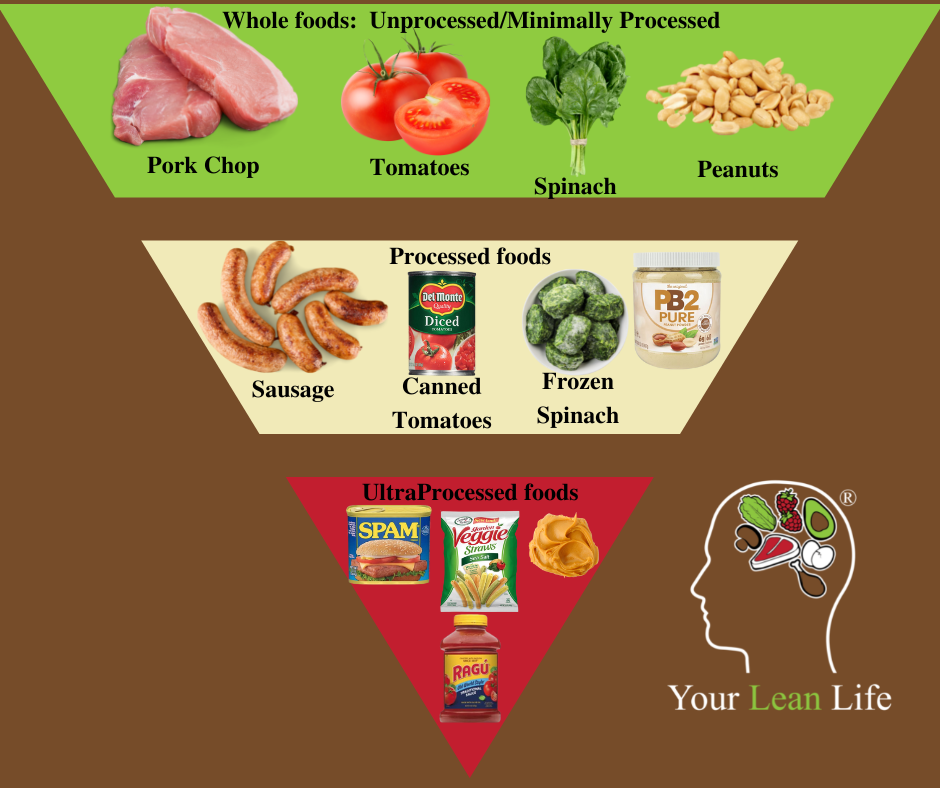Making the decision to lose weight and change your lifestyle is a big and rewarding step to make. While it can take time, patience, and determination, the key to long-term success is setting realistic and achievable goals. Unrealistic expectations can lead to frustration and can even result in giving up. Here’s a guide to help you set practical weight-loss goals that will help lead to sustainable and healthy results.

Motivation
Before setting any goals, it’s crucial to understand why you want to lose weight. Is it for better health, to feel more confident, or to increase your energy levels? Knowing your motivation will keep you focused and committed, especially during challenging times. Find inspirational messages to hang throughout the house, photos of body goals you want to achieve, or whip out a piece of clothing you want to fit into. Find a way to encourage yourself to keep your motivation and momentum going to see results.
Talk to a Professional
Talking to a healthcare provider, such as a doctor or a registered dietitian, or a Certified Nutritionist can provide valuable insights. They can help you understand what a healthy weight range is for you and offer personalized advice based on your medical history and current health status. It’s good to gain some perspective from professionals that can answer questions in the most knowledgeable way. Asking for help can be daunting, but can be beneficial to learn more about your body and its ability to adjust to change. Find a professional you trust and feel comfortable with and it might just be the help you need.

Set SMART Goals
SMART goals are Specific, Measurable, Achievable, Relevant, and Time-bound. Instead of saying, “I want to lose weight,” set a goal like, “I want to lose 10 pounds in three months by exercising three times a week and eating more vegetables.” With this, you have stated what you want to accomplish, a time frame to track, and how you plan to carry out your goals.
- Specific: Clearly define what you want to achieve.
- Measurable: Ensure you can track your progress.
- Achievable: Set goals that are challenging but possible.
- Relevant: Your goal should align with your broader objectives.
- Time-bound: Set a deadline to keep yourself on track.
Setting realistic weight-loss goals is a fundamental step toward achieving sustainable success. By understanding your motivation, setting SMART goals, focusing on process rather than outcome, and being flexible, you can make meaningful progress. Remember to have patience, acknowledge your efforts, and above all else, be kind to yourself. Interested in learning more about creating SMART goals? Our professionals are ready to assist. Contact Your Lean Life today!



